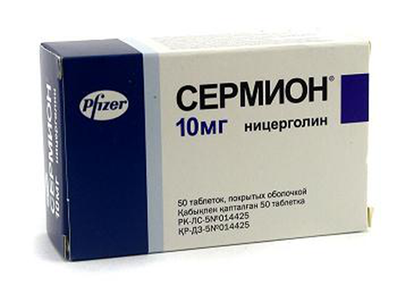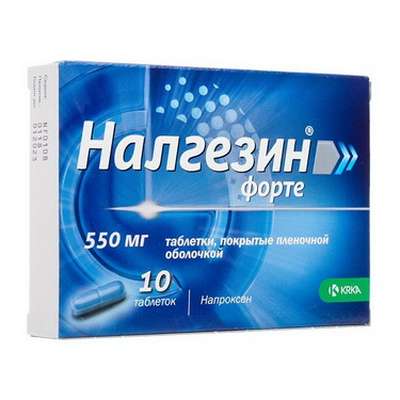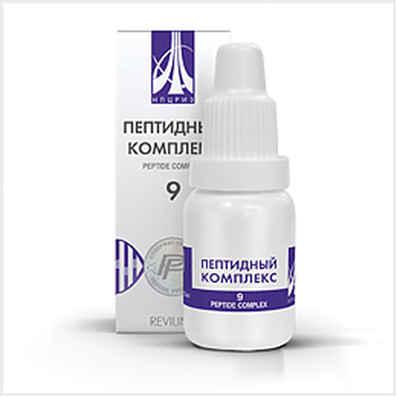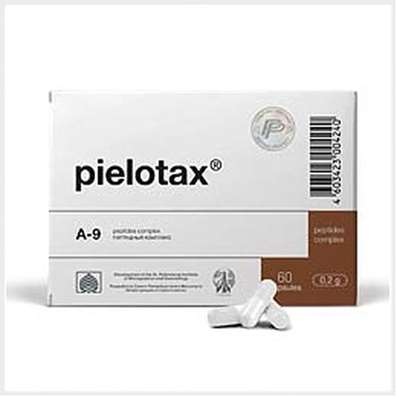Instruction for use: Children's Tylenol
I want this, give me price
Active substance Paracetamol
ņ“’ N02BE01 Paracetamol
Pharmacological group
Anilides
Nosological classification (ICD-10)
K00.7 Teething syndrome
Pain syndrome with teething, Painful teething, Painful growth of teeth
K13.7 Other and unspecified lesions of oral mucosa
Aspirin burn of the oral mucosa, Gum pain when wearing dentures, Inflammation of the mouth, Inflammation of the oral mucosa, Inflammation of the oral mucosa after radiation therapy, Inflammation of the oral mucosa after chemotherapy, Inflammation of the oral mucosa, Inflammation of the mucous membranes of the mouth, Inflammatory diseases of the oral cavity, Inflammatory process of pharynx, Disease of the oral mucosa, Injuries to the oral cavity and larynx, Injuries of the oral mucosa, Trophic diseases of the oral mucosa, Erosive-ulcerative periodontal disease, Erosive-ulcerative lesion of the oral mucosa, Erotic mucous membrane of the oral cavity, Erotic-ulcerative periodontal lesions, Erotic-ulcerative lesions of the oral mucosa, Radio-epileleitis, Irritation from dental prostheses, Irritation of the oral mucosa with dentures and braces, Oral cavity, When wearing dentures
R50 Fever of unknown origin
Malignant hyperthermia, Hyperthermia malignant
R52.2 Other constant pain
Pain syndrome, rheumatic origin, Pain at vertebral lesions, Pain in the chamber, Pain for burns, Pain syndrome weak or moderate, Perioperative pain,Moderate to severe pain, Moderately or weakly expressed pain syndrome, Moderate to severe pain, Ear pain of otitis, Neuropathic pain, neuropathic pain
Composition and form of release
1 fruit chewable tablet contains paracetamol 80 mg; 12 pieces in a blister, 2 blisters in a box or in 2 strips, in a box of 50 strips.
5 ml syrup flavored with cherry flavor for oral administration - 160 mg; in polyethylene bottles of 120 ml, in a box 1 bottle complete with a measuring cup.
pharmachologic effect
Pharmacological action - antipyretic, analgesic.
Inhibits cyclooxygenase, inhibits the synthesis of PG in the central nervous system and reduces their stimulating effect on the center of thermoregulation of the hypothalamus, increasing heat transfer.
Clinical Pharmacology
The effect lasts 4-5 hours.
Indications
Pains of weak and moderate intensity (including with teething, removal of tonsils, during vaccinations); fever for colds, runny nose.
Contraindications
Hypersensitivity, expressed violations of the liver and kidneys, blood diseases, deficiency of glucose-6-phosphate dehydrogenase.
Side effects
In rare cases - nausea, pain in the abdomen, allergic reactions (skin rash, itching, urticaria).
Dosing and Administration
Inside, every 4 hours, but no more than 5 times a day. Children aged 2-3 years (body weight 11-15 kg) - 2 tables. (160 mg) or 5 ml of syrup, 4-5 years (body weight 16-21 kg) - 3 tablets. (240 mg) or 7.5 ml syrup, 6-8 years (body weight 22-26 kg) - 4 tablets. (320 mg) or 10 ml of syrup, 9-10 years (body weight 27-31 kg) - 5 tablets. (400 mg) or 12.5 ml of syrup, 11 years (32-43 kg) - 6 tablets. (480 mg) or 15 ml of syrup.
Overdose
Symptoms: at a dose of 150 mg / kg, taken in a short period of time, the appearance of pallor, nausea, vomiting, increased sweating, lack of appetite; later - soreness in the liver.
Treatment: gastric lavage (should be called vomiting), the introduction of acetylcysteine, symptomatic agents.
Precautionary measures
Do not exceed the therapeutic dosage and use more than 5 days for pain and 3 days as an antipyretic. Do not take with other drugs containing paracetamol.
storage Conditions
At a temperature of 15-30 į C.
Keep out of the reach of children.
Shelf Life
pills chewing for children 80 mg - 3 years.
syrup for children 160 mg / 5 ml with taste or aroma of cherries - 2 years.
Do not use after the expiry date printed on the package.

 Cart
Cart





